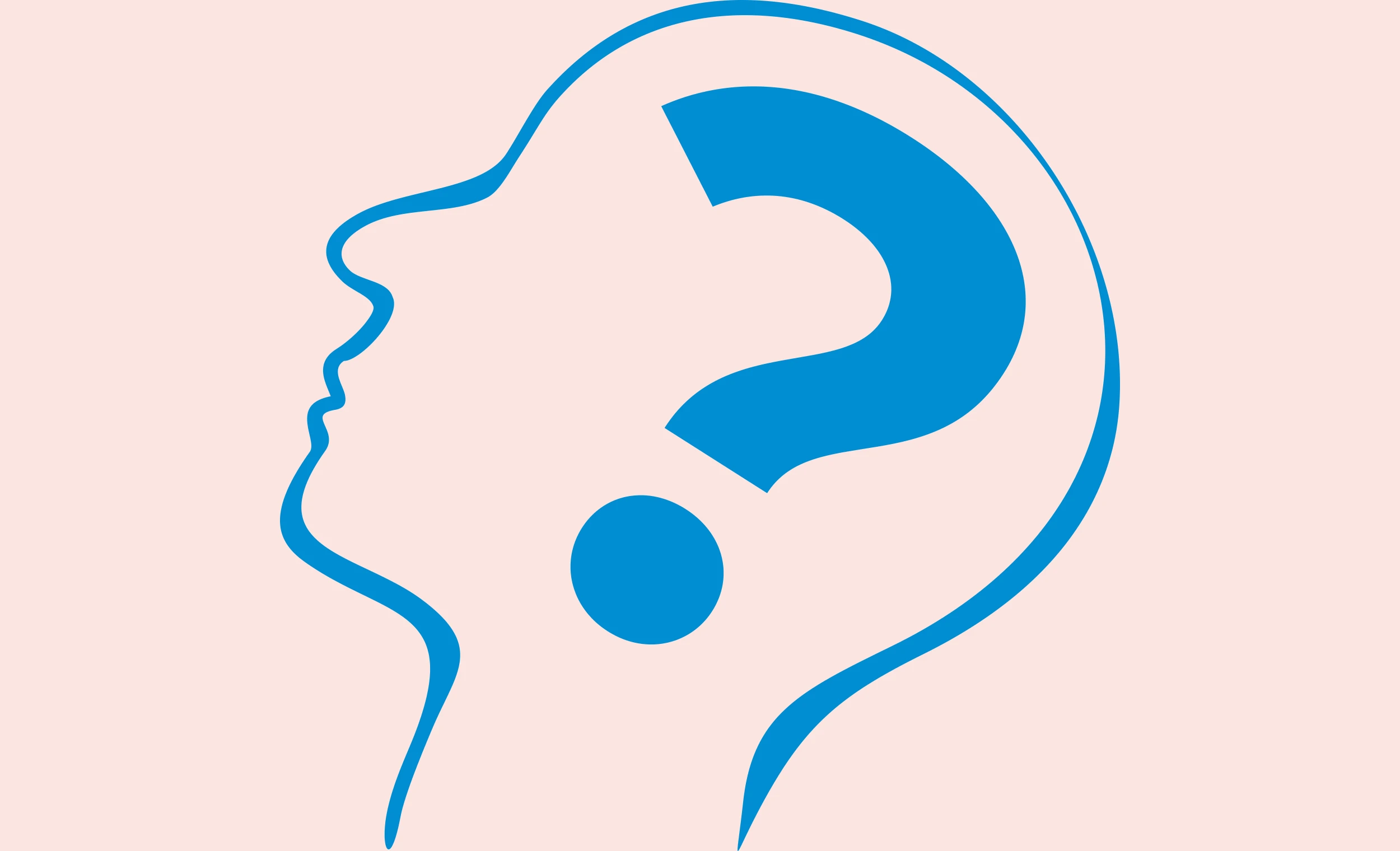To provide services at the highest level, we use cookies. Using the website requires you to choose settings related to their storage on your device. If you want to know what each type of cookie is used for, click the Details button below.
What does psychology say about the Pygmalion effect?10 listopada 2023 |

A self-fulfilling prophecy is a well-known phenomenon that has existed for centuries, in which the expectations or beliefs of one person, or sometimes a group of people, influence the behavior of others in such a way that these predictions subsequently become reality. In other words, when people believe or expect something to happen, they take actions that influence other people. These actions do not need to be conscious and typically occur at the subconscious level. These expectations then affect the actions and behavior of others, leading to their fulfillment. This can apply to both positive and negative outcomes.
The Pygmalion effect is the most commonly encountered form of a self-fulfilling prophecy. It involves the positive expectations about another person coming true under the influence of those expectations. It is somewhat dictated by our unconscious actions. For example, if we believe that a student or employee is capable and competent, that person is more inclined to take on new challenges and achieve better results.
The name Pygmalion effect was given in honor of the character Pygmalion from Greek mythology. According to the myth, he fell in love with a sculpture he created with his own hands, which he named Galatea. This myth symbolizes how beliefs and expectations can influence reality. Esteemed psychologist Robert Merton named this phenomenon the Pygmalion effect in reference to the impact of beliefs and expectations on human behavior.
The Pygmalion effect primarily relates to positive expectations and beliefs that influence the achievements and behavior of others in a favorable manner. Meanwhile, the Galatea effect is its counterpart, where negative expectations lead to poorer outcomes and behavior. In both cases, the key point is that expectations and beliefs influence reality, but in the case of the Pygmalion effect, these are positive expectations, whereas in the Galatea effect, they are negative.
A self-fulfilling prophecy is another term used to describe the Pygmalion and Galatea effects. Its operation is based on bringing predictions and expectations into reality due to the influence of these beliefs on the behavior of other people. This phenomenon emphasizes that our beliefs and convictions have a powerful impact on the results we achieve in life. It is also related to the idea that under the influence of beliefs, we ourselves behave differently, essentially manipulating reality.